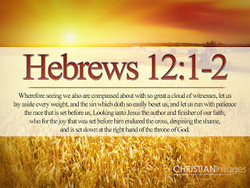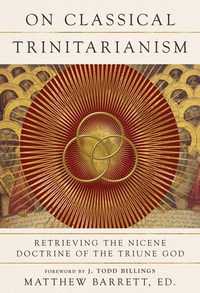 On Classical Trinitarianism:
On Classical Trinitarianism:
Retrieving the Nicene Doctrine of the Triune God
edited by Matthew Barrett
DETAILS: Publisher: IVP Academic Publication Date: October 1, 2024 Format: eARC Length: 832 pgs. Read Date: September 8-October 12, 2024

What Does The Cover Say About This?
There’s no way that I can do this justice easily, so I’ll just borrow the Publisher’s Website’s copy:
Modern theology claimed that it ignited a renaissance in trinitarian theology. Really, it has been a renaissance in social trinitarianism. Classical commitments like divine simplicity have been jettisoned, the three persons have been redefined as three centers of consciousness and will, and modern agendas in politics, gender, and ecclesiology determine the terms of the discussion. Contemporary trinitarian theology has followed the spirit of this trajectory, rejecting doctrines like eternal generation which were once a hallmark of Nicene orthodoxy and reintroducing subordinationism into the Trinity.
Motivated by the longstanding need to retrieve the classical doctrine of the Trinity, theologian Matthew Barrett brings together Protestant, Roman Catholic, and Eastern Orthodox scholars to intervene in the conversation. With over forty contributions, this ecumenical volume resurrects the enduring legacy of Nicene orthodoxy, providing a theological introduction that listens with humility to the Great Tradition.
In On Classical Trinitarianism, you find contributions from a wide range of scholars, including:
- Katherin Rogers
- Andrew Louth
- Gilles Emery
- Steven Duby
- Gavin Ortlund
- Adonis Vidu
- Carl Trueman
- Matthew Levering
- Fred Sanders
- Scott Swain
- Karen Kilby
- Amy Peeler
- Thomas Joseph White
The distinct yet united voices of On Classical Trinitarianism summon the next generation to move past modern revisionism for the sake of renewing classical trinitarian theology today. Together, they demonstrate that Nicene orthodoxy can endure in the modern world and unite the church catholic.
Do NOT Follow My Example Here
I read this (until the last week or so) at a rate of 1-2 chapters a day (with the occasional day of 3 or 4 chapters) in a vain attempt to finish the book in under a month, so I could post about it before release day.
This should be read much slower—it wouldn’t hurt to read each chapter at the same pace I did, but only one at a time. Then you should go back and read it again, slower this time—maybe taking notes—and maybe one more time after that before moving on. That’s how I’m going to do it next time.
One thing I think I did do right was that I read this from front to back. Generally, this book builds from chapter to chapter. The first part, in particular, “Retrieving Nicene Trinitarianism” should be read before the rest—those 11 chapters dive deep into the historical material—with an emphasis on the first few centuries of the Church.
Highlights and Lowlights
Frequently when I talk about a book like this I’ll talk about the highlights, the chapters I liked more, or I thought were more convincing than others. And I’ll mention the ones that weren’t so successful in my eyes.
I don’t think I can do that with this one—they were all great. Some were more interesting than others, but…that’s really an “eye of the beholder” kind of thing and will probably vary each time I read the book. Some touched on things I’ve been reading lately, some were authors I wanted to read/read more of. That kind of thing.
Instead, I’ll talk about the difficulty in reading. Chapter 2, The Nicene Creed: Foundation of Orthodoxy could be given to any High School class. Carl Trueman’s “Reforming the Trinity? The Collapse of Classical Metaphysics and the Protestant Identity Crisis,” was only a little tougher. And the final chapter, Michael Horton’s “Biblicism and Heterodoxy: Nicene Orthodoxy, Ecclesiastical Accountability, and Institutional Fidelity,” was also pretty accessible.
Chapter 6 “Maximos and John Damascene: Mid-Byzantine Reception of Nicea” was so filled with Greek that I couldn’t get much out of it. But “The Unbegotten Father”, Chapter 22, was also Greek-rich, and I struggled, but I did get a lot out of it (but would translations in the footnotes have been so bad?). I thought Chapter 17, “Three Persons, One Will” was pretty hard reading, too—but so, so helpful. I don’t know if anything topped Chapter 6, but Chapter 25 “No Impassibility, No Eternal Generation: Retrieving a Pro-Nicene Distinctive” maybe came close. But it’s also one of my favorite chapters.
The rest of the chapters are somewhere in between those extremes, closer to the latter than the former set. None are unapproachable for the non-professional. But you do need to be prepared for some struggles.
So, what did I think about On Classical Trinitarianism?
I loved this book. I’ve been talking with friends about it for weeks (actually, some of us started talking about it months ago). It’s a real blessing for The Church and individual believers.
I learned so, so much—and know when I read it more slowly, I’ll learn so much more. I have notes throughout about looking into this idea or that idea some more. There are also a handful of books from the footnotes that I need to go buy (and that handful will likely multiply on my next read). I got some clarification on positions I already held or leaned toward—and I’m more convinced of them all now, and can explain them better. I was confronted by ideas I hadn’t reckoned with before—or ways of looking at tried and true subjects that I hadn’t considered before, and now can’t help but see everywhere.
I think the critiques of Social Trinitarianism, Eternal Functional Subordinationism (and related positions), attacks on Eternal Generation or the Impassibility of God and so on were so valuable—and the wide range of chapters and topics that led to them shows how large an impact these positions can have—and the way they are out of step with pro-Nicene Theology.
This book takes work—and it should—but it’s worth every ounce of effort you expend. You will be rewarded for your efforts—I have been already, and I took the easy way through it. I’ll be returning to these pages again and again—I heartily recommend this and encourage you to give it a read.
9.5 out of 5 stars. (It loses a half star for all the untranslated Greek)
Disclaimer: I received a copy of this book from IVP Academic—thanks to both for this.


This post contains an affiliate link. If you purchase from it, I will get a small commission at no additional cost to you. As always, the opinions expressed are my own.
![]()



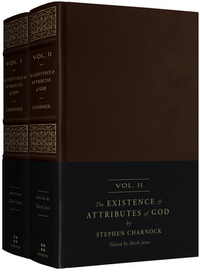
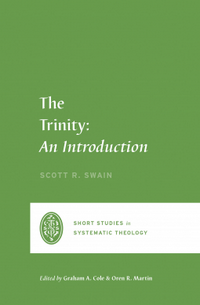
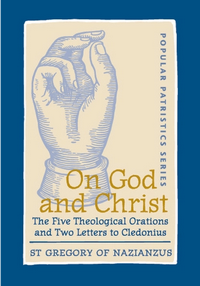
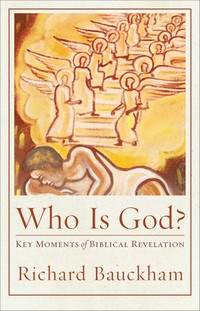

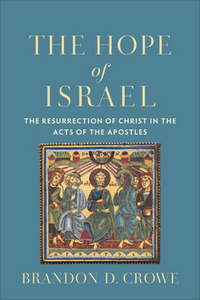

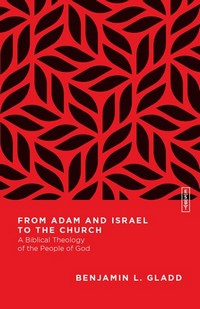

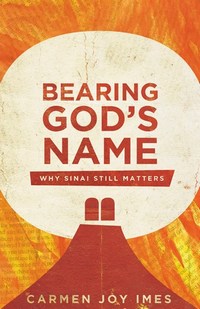

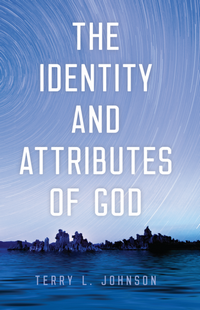

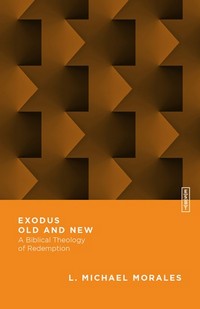
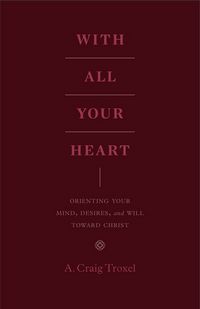
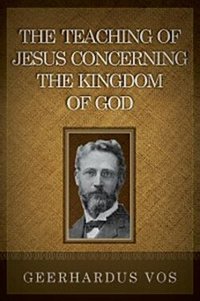
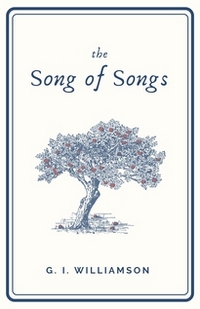
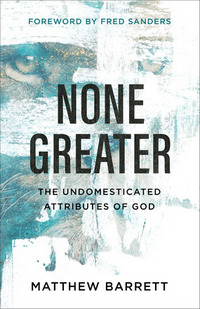
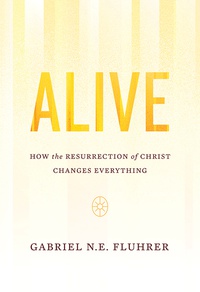

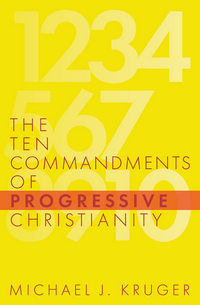
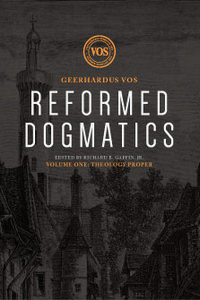
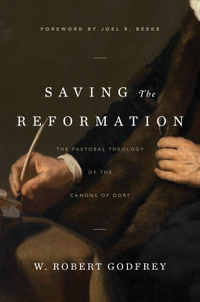
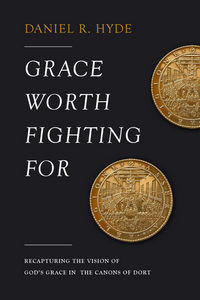
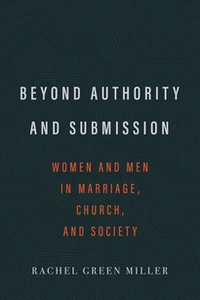
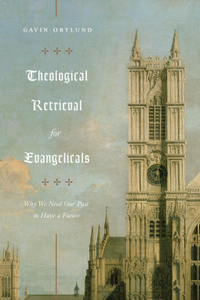
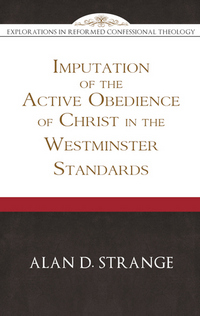
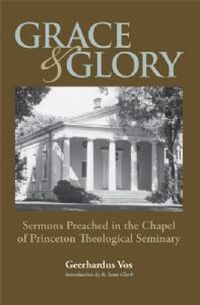
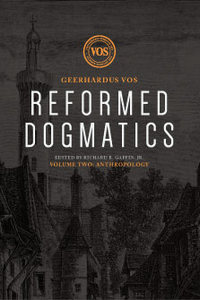
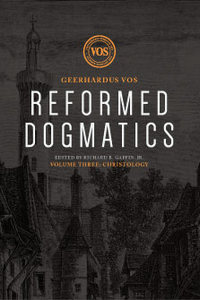
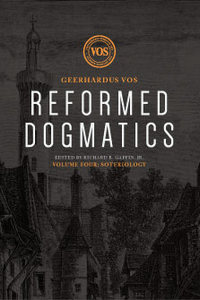
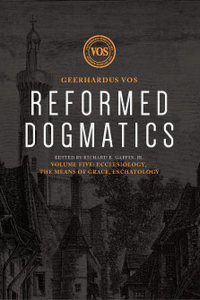
 The Knowability of God
The Knowability of God